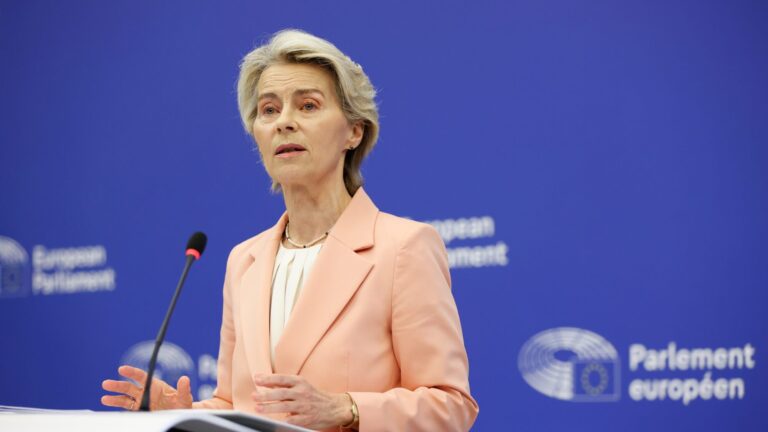Colombia held the first round of its national elections on the 29th of May. The country is now set for a runoff, which will take place on June 19th.
This will pit Gustavo Petro, leader of “Pacto Histórico” and former Mayor of Bogotá, against the independent centrist Rodolfo Hernández, former Mayor of Bucaramanga. Petro received 40% of the vote during the first round, compared to Hernandez’ 28%.
For his part, Fico Gutierrez, the center-right candidate and former Mayor of Medellin, only received 24% of the vote, which was an upset so far as polling is concerned, as it was generally believed he and Petro would face-off during the second round. Gutierrez has now chosen to endorse Hernández, who seems poised to consolidate the center and right.
Petro is considered Colombia’s representative of the “Bolivarian” or “Chavista” brand of leftism, which is characterized by broad expropriative measures and economic mismanagement. Although he has referred to the need for expropriations in the past, Petro has now signed a document formally agreeing not to carry out this policy.
It is the case, however, that both candidates have said that they would reestablish relations with Maduro’s Venezuela. Specifically, Hernández has spoken of the northeastern city of Cúcuta, which sits on the border with Venezuela, in terms of improving its productivity and capacity to export to the economically devastated neighbor.
Whatever the outcome, Colombia will now abandon its outgoing President Iván Duque’s position with respect to recognizing Juan Guaidó as Venezuela’s legitimate head of state.
The issue of energy supply and independence is particularly pressing, both globally and regionally. Petro advocates for moving towards carbon neutrality, whereas Hernández, whose background is in engineering, proposes that Colombia avoid being dependent on fossil fuels without, however, transitioning away from this industry too quickly. For now, he maintains, Colombia must strike a balance between protecting the environment while exploiting the country’s fuel and mineral reserves.





